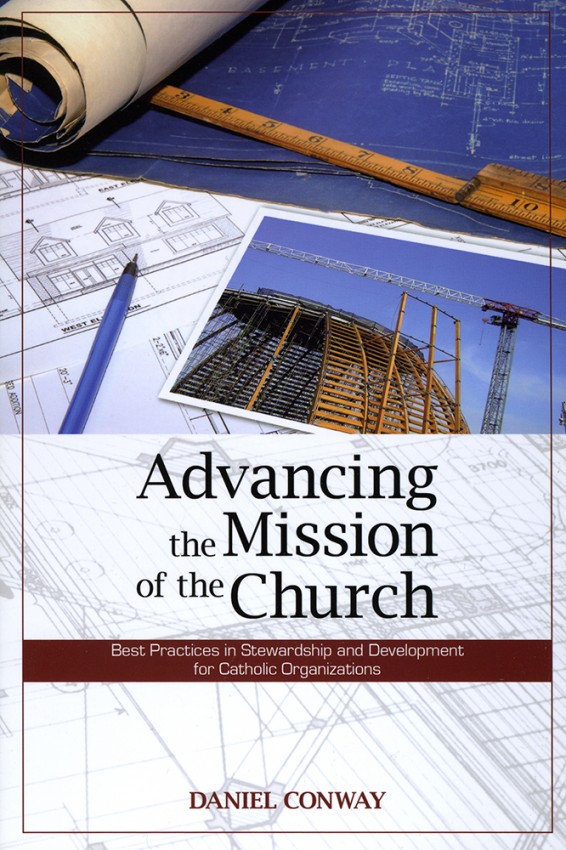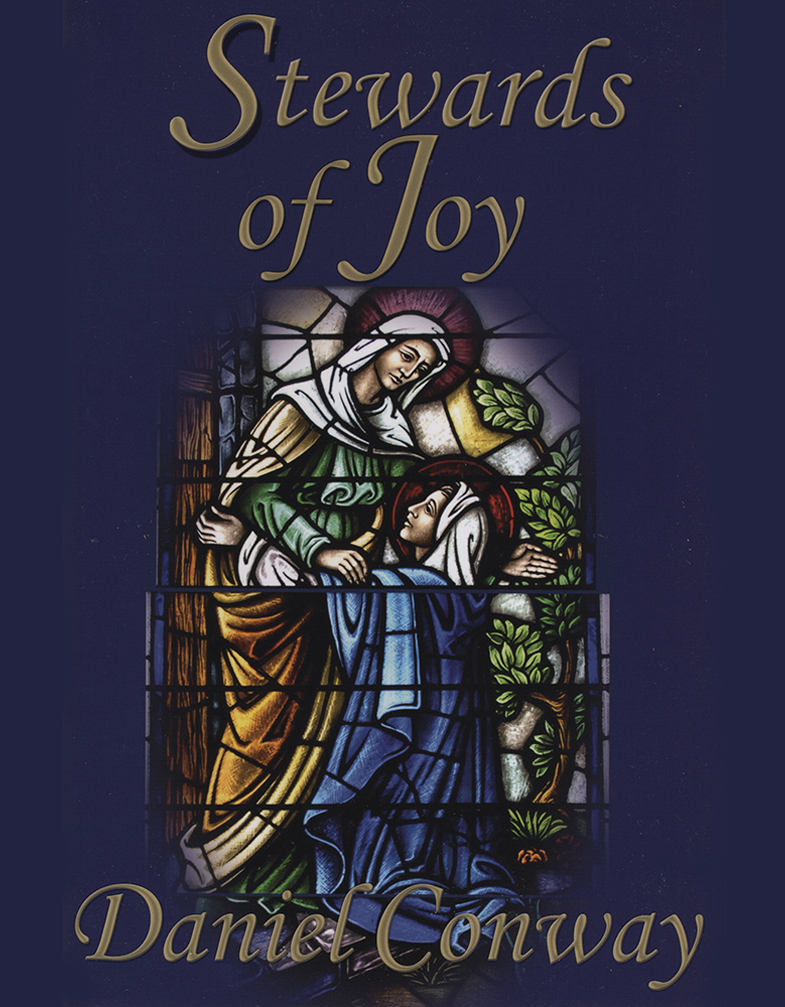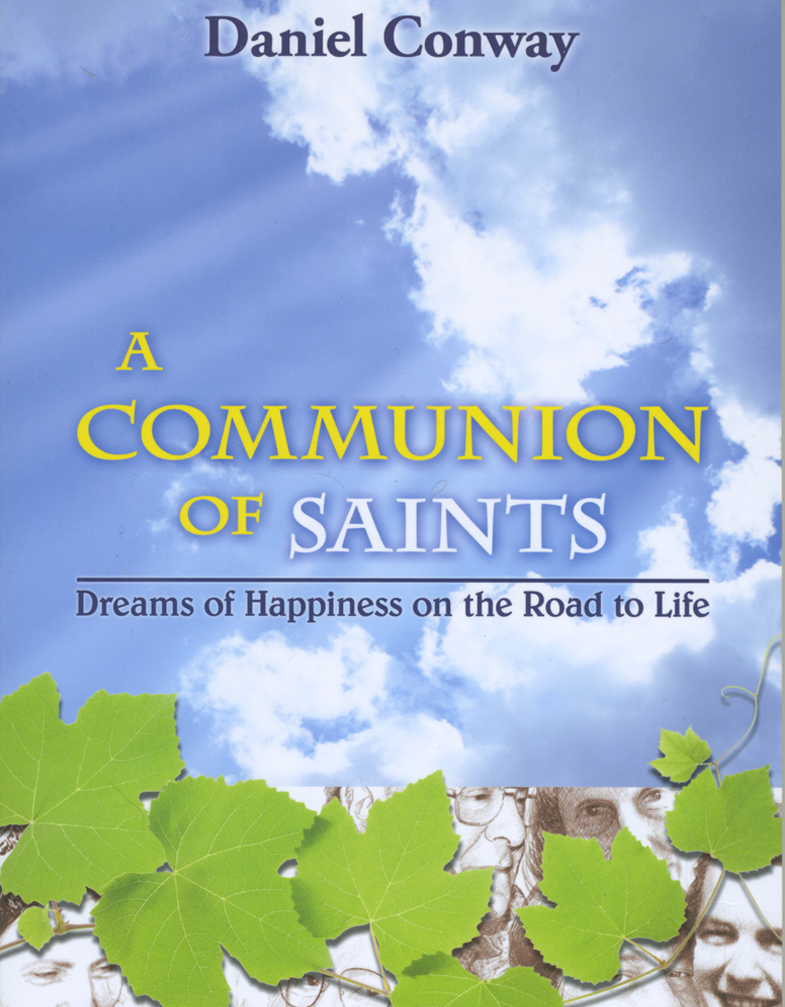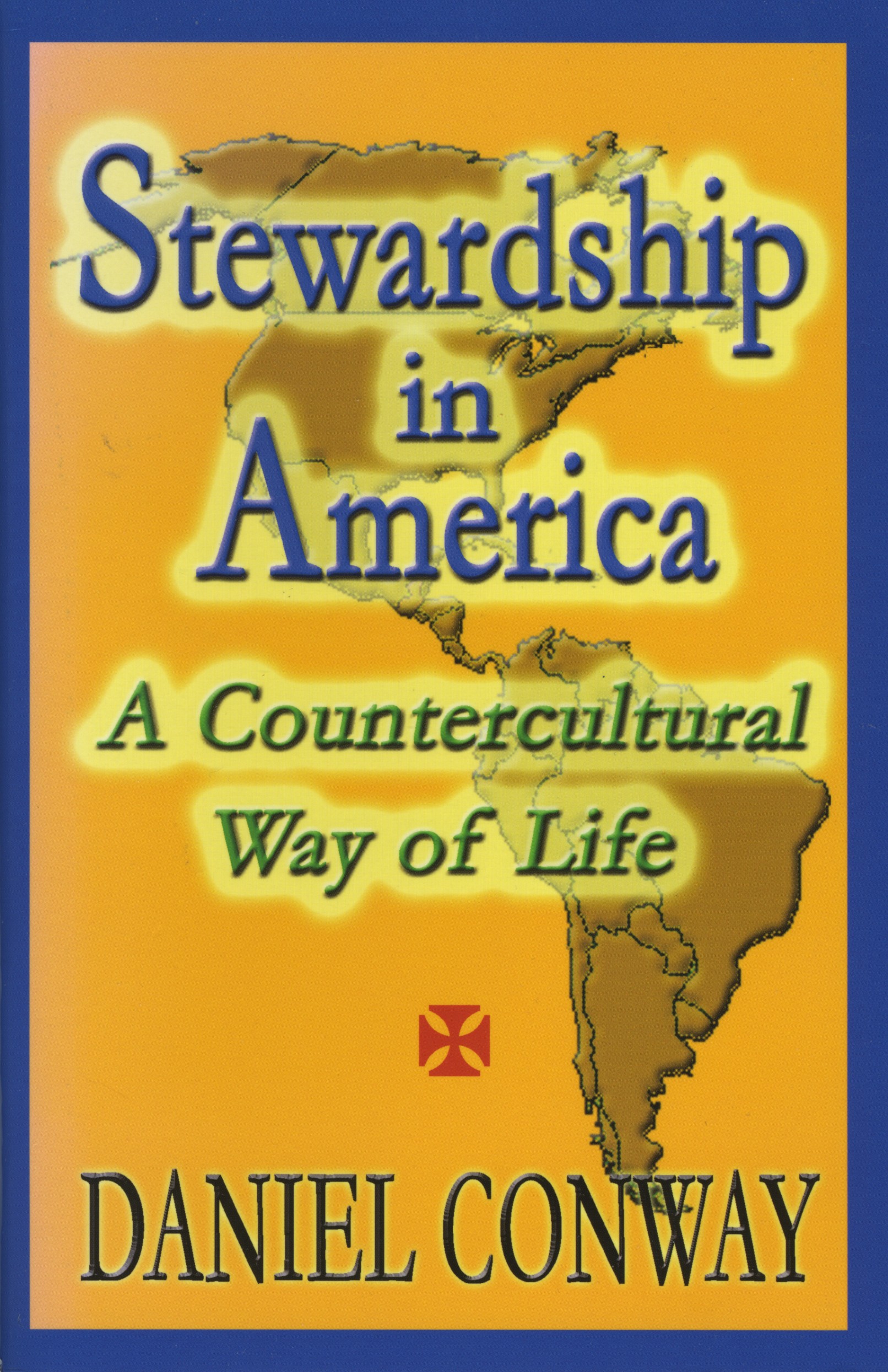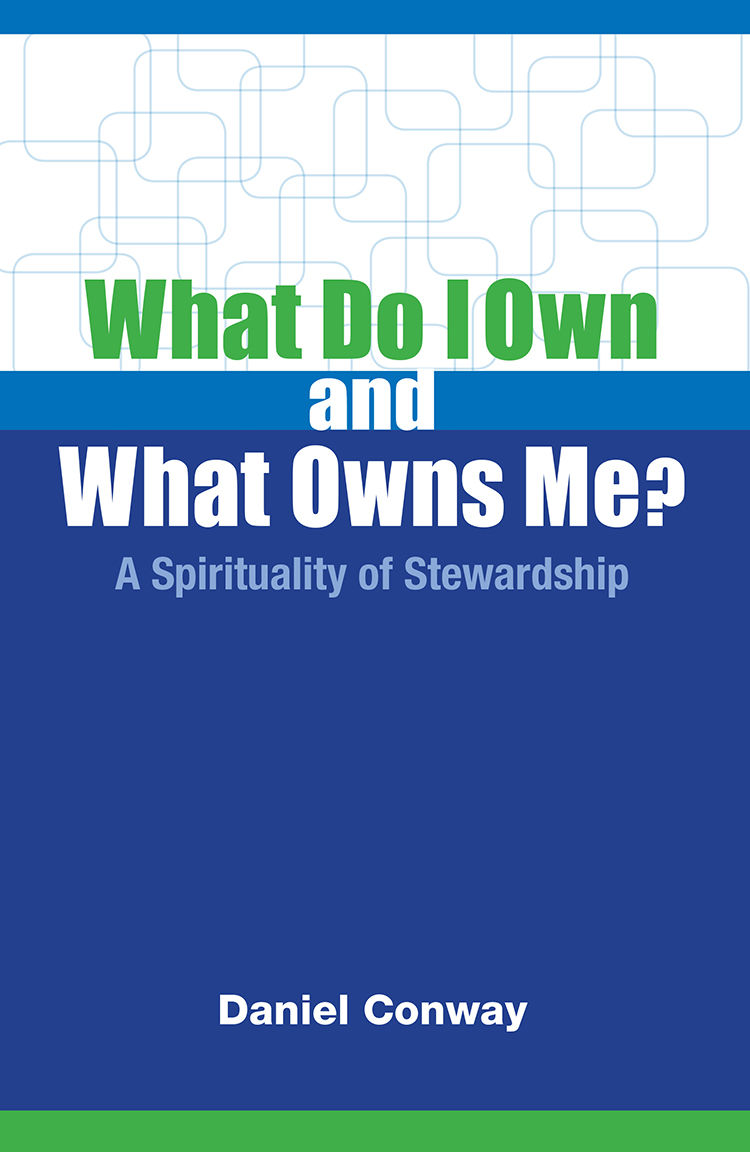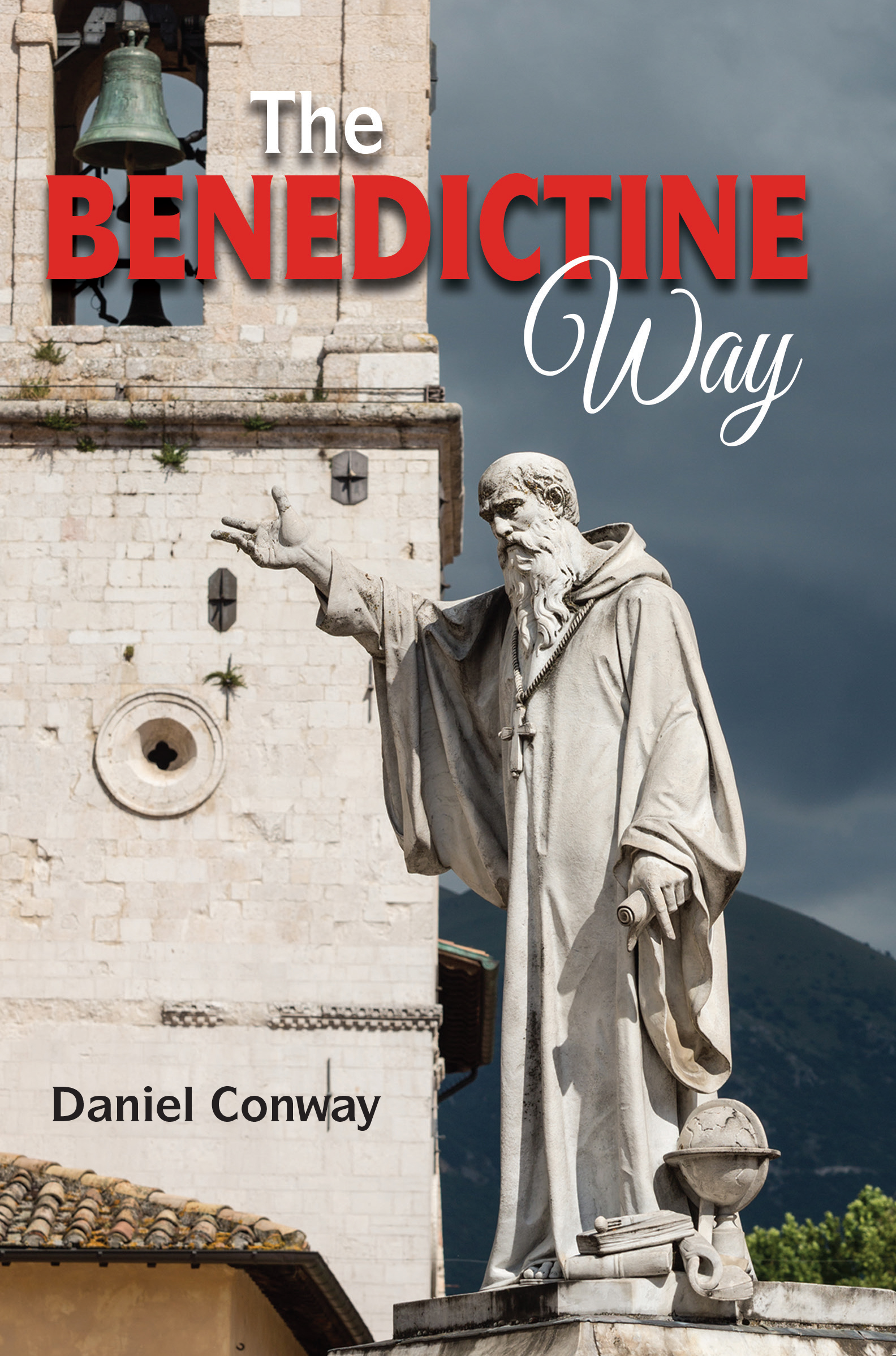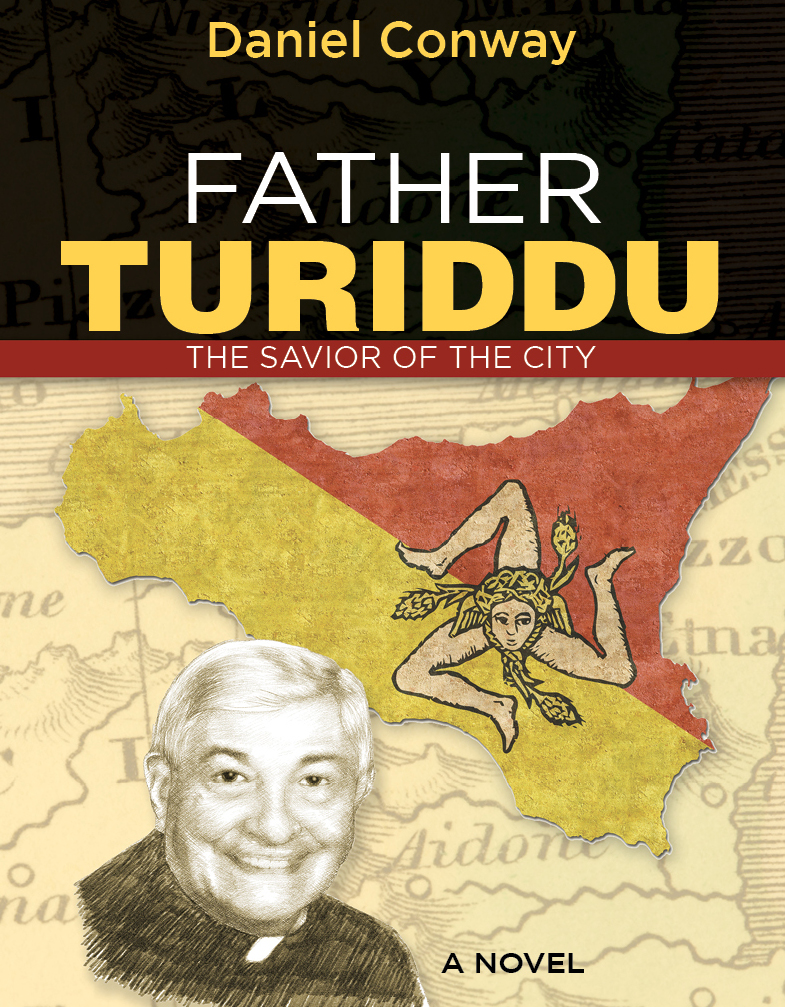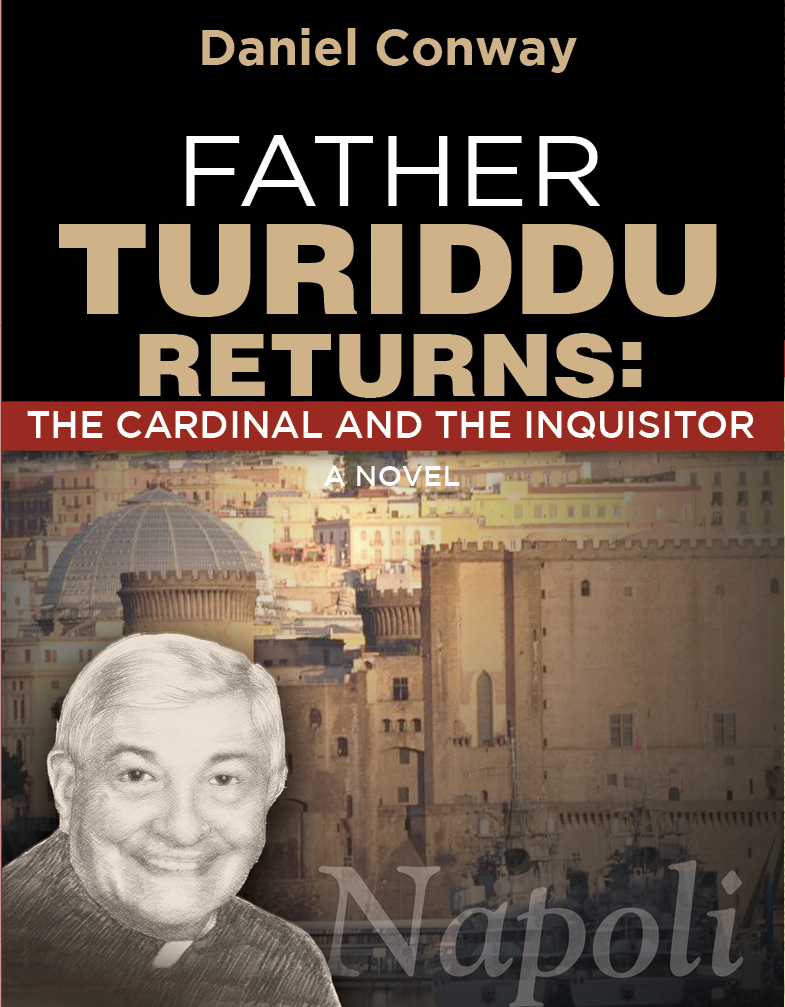If we approach nature and the environment without…openness to awe and wonder, if we no longer speak the language of fraternity and beauty in our relationship with the world, our attitude will be that of masters, consumers, ruthless exploiters, unable to set limits on their immediate needs. By contrast, if we feel intimately united with all that exists, then sobriety and care will well up spontaneously. (Pope Francis, Laudato Si, #11)
How serious is our abuse of the natural resources of our planet—the air we breathe, the water we drink, the land we cultivate? Have we lost our ability to marvel at the beauty of the earth and the vastness of the cosmos? Do we regard ourselves as “masters of the universe” or as stewards of what truly belongs to God alone?
As Pope Francis writes in his 2015 encyclical Laudato Si: On Care for our Common Home, “There is a growing sensitivity to the environment and the need to protect nature, along with a growing concern, both genuine and distressing, for what is happening to our planet… Our goal is not to amass information or to satisfy curiosity, but rather to become painfully aware, to dare to turn what is happening to the world into our own personal suffering and thus to discover what each of us can do about it” (#19).
Pope Francis joins previous popes, especially Pope Emeritus Benedict XVI and Pope St. John Paul II, in urging all nations and peoples to pay attention to our environment. “The Earth is indeed a precious gift of the Creator who, in designing its intrinsic order, has given us bearings that guide us as stewards of his creation,” Pope Benedict has written. In his encyclical, Caritas in Veritate, the former pope refers to the importance of environmental stewardship several times. He writes about the “pressing moral need for renewed solidarity” on environmental issues not only between countries but also between individuals, since the natural environment is given by God to everyone, and our use of it entails a personal responsibility towards humanity as a whole, and in particular towards the poor and towards future generations.
Bearing in mind our common responsibility for creation, Pope Francis and Pope Benedict both remind us that there is an essential link between stewardship of the environment and our care for our fellow human beings—especially the poor and the vulnerable. In Laudato Si, Pope Francis writes, “The human environment and the natural environment deteriorate together; we cannot adequately combat environmental degradation unless we attend to causes related to human and social degradation. In fact, the deterioration of the environment and of society affects the most vulnerable people on the planet… The impact of present imbalances is also seen in the premature death of many of the poor” (#48).
Catholic social teaching is never divorced from the Church’s teaching about God. Quoting St. John Paul II, Pope Francis stresses that Christians who wish to be responsible stewards “realize that their responsibility within creation, and their duty towards nature and the Creator, are an essential part of their faith.” (#64). This is also emphasized by Pope Emeritus Benedict. “Is it not true,” the former pope asks, “that an irresponsible use of creation begins precisely where God is marginalized or even denied? If the relationship between human creatures and the Creator is forgotten, matter is reduced to a selfish possession, man becomes the ‘last word,’ and the purpose of human existence is reduced to a scramble for the maximum number of possessions possible.”
Materialism leads to the devaluation of the divine life in individual human persons. It also leads to the desecration of all the material blessings that God has given us. As Pope Francis says, “When nature is viewed solely as a source of profit and gain, this has serious consequences for society. This… has engendered immense inequality, injustice and acts of violence against the majority of humanity, since resources end up in the hands of the first comer or the most powerful: the winner takes all. Completely at odds with this model are the ideals of harmony, justice, fraternity and peace as proposed by Jesus. (#82)
Stewardship of Creation is the opposite of attitudes which claim that humanity is creation’s master. As Pope Benedict says, “We are called, rather, to exercise responsible stewardship of creation, in order to protect it, to enjoy its fruits, and to cultivate it, finding the resources necessary for every one to live with dignity. Through the help of nature itself and through hard work and creativity, humanity is indeed capable of carrying out its grave duty to hand on the earth to future generations so that they too, in turn, will be able to inhabit it worthily and continue to cultivate it responsibly.”
In order for us to be good stewards of God’s creation, we must first acknowledge God’s role as the author and the true owner of everything that is—both the visible and the invisible universe. Our proper role as stewards is to express our gratitude and to do our part to nurture and protect all that the Creator God has entrusted to our care. For this to happen, it is essential to develop a relationship between humanity and the environment that mirrors the creative love of God, and that recognizes we all come from God and that his creation is truly “our common home.”
We are called to be responsible stewards of God’s creation. Let’s pray that all of us—individuals, families, communities, nations and the world community—respond to this call with transparency and with the willingness to sacrifice for the common good of all.

